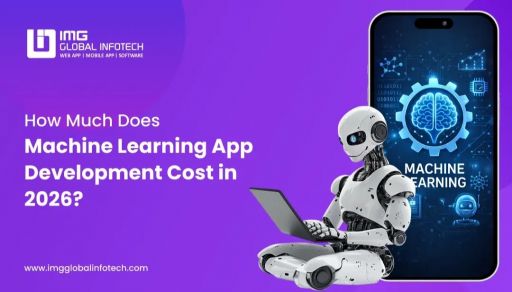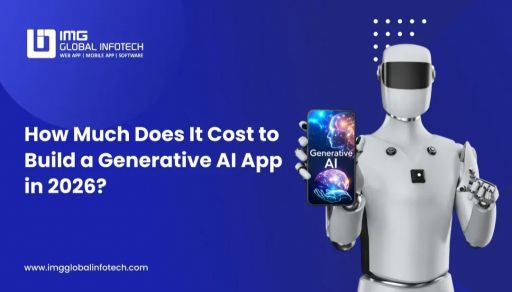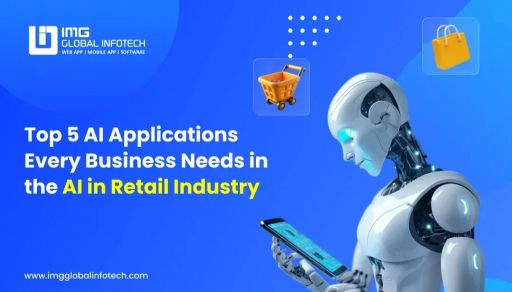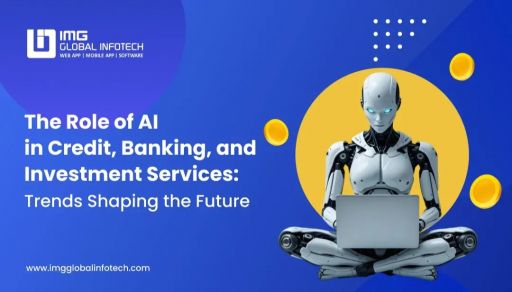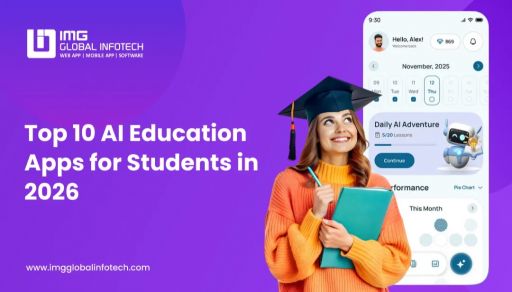How To Integrate AI Into Your Existing Mobile App
Dipti Singhal
Nov 24, 2025
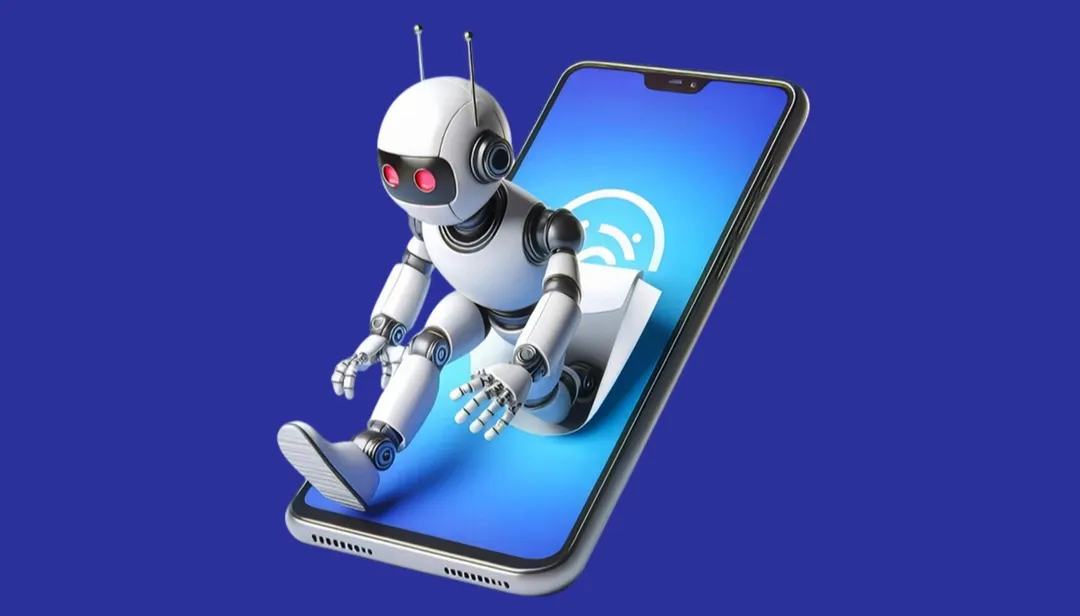
AI is now just more than a technology in app development industries. Literally, AI is now becoming the backbone to develop sophisticated websites and mobile apps that can deliver the best outcomes ever in businesses. Since OpenAI launched ChatGPT and Perplexity in November 2022, this has been the game-changer move for AI technologies in mobile app development.
The integration of AI applied science in mobile app development is a wise step to inclusion for enhancement in mobile app features and functionalities to boost the app performance and scalability to work on any platform seamlessly of Integrate AI into mobile app. AI technologies can also integrate adaptability in apps to manage operations according to the atmosphere. Want to know more about this integration? In this blog, we will discuss how to integrate AI into your existing mobile app. We will also discuss some other topics that are related to this blog but first let's understand why AI integration is transforming mobile apps as well.
Why AI Integration is Transforming Mobile Apps
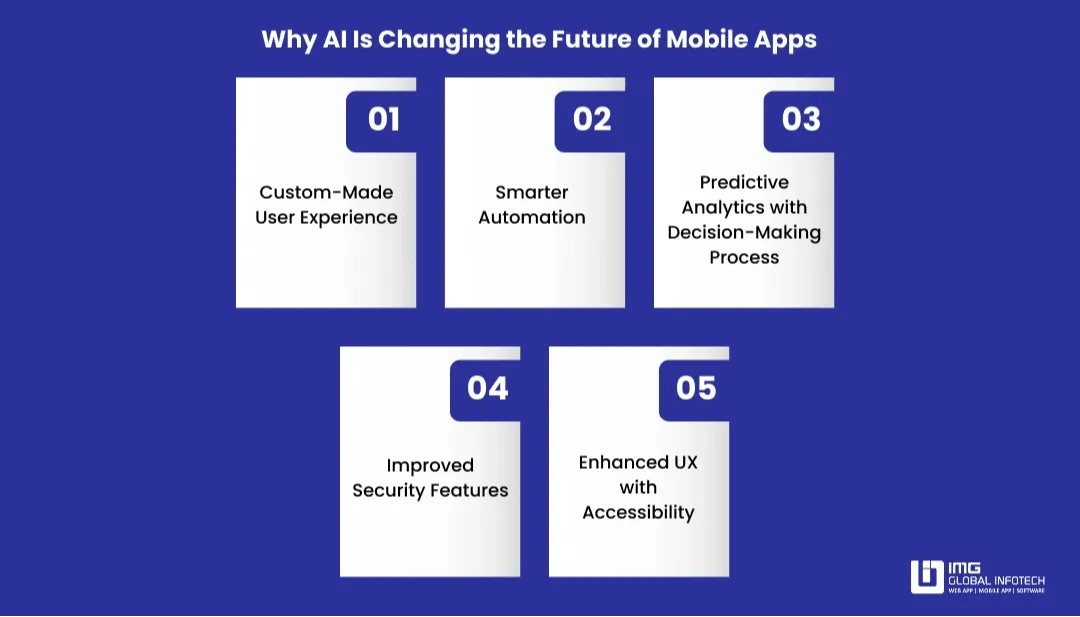
To start, let's discover the pros of what AI does—i.e., why someone would bother using and incorporating AI into their mobile app at all in AI development services. AI in mobile apps ended up not just being an additional feature to add to an app.
AI has turned into more than that; AI has evolved the user experience and improved the user experience, and there is nothing more important and more crucial for a mobile app to be successful.
Custom-Made User Experience
The hyper-personalization is an important part of integrating the AI in mobile apps. This technology can analyze and interpret the customers' requirements. This feature is mostly used in recommendation systems by the AI development company. For example, if you open your Crunchyroll account, you can see the top Anime shows that are based on your watching history and trends. The basis of Crunchyroll's services is blended with search algorithms. This same thing is also applicable on Spotify and Amazon, which also work on this same model as well.
Smarter Automation
Now AI can easily handle the repetitive tasks so the developers can mainly focus on other work. It has the ability to do these repetitive tasks like answering basic questions, completing forms, and image classifications in Artificial intelligence development. For example, Google Photos can automatically arrange your photos as per the people, occasion, and locations without putting in any kind of effort. Apps like Duolingo also work on this same technology on learners' activity to save the users time in repetitive tasks as well.
Predictive Analytics with Decision-Making Process
In these days, generally apps are becoming more proactive. Now the mobile apps are able to predict the user needs just because of AI-driven predictive analytics. Let's understand this thing from an example of Garmin Connect.
This app generally reminds you about meals, which is based on your workout and your past activities. This same fundamental also works in Uber, which can offer a fixed place that is based on your travel journey. These technologies can forecast the data-driven insights that can increase the engagement levels and user satisfaction.
Improved Security Features
Within the area of mobile app security, artificial intelligence has emerged as one of the most effective protections. The AI drives the Face ID features of iPhones. Mobile banking apps utilize AI to discover money loss and unusual behavior in real-time and respond to the threat of loss before anyone realizes.
Enhanced UX with Accessibility
Currently, voice assistants are also the trend. Google Assistant was the first voice assistant. Over time, this voice assistant became very secure and efficient. You only need to ask a question. Now, popular chatbots such as ChatGPT and Gemini have added voice-enabled chatting capability.
Why You Should Integrate AI Into Your Existing Mobile App
Introducing AI in your app is more than just a neat idea; it’s astute and cunning and has the power to significantly alter your app’s functionality. Here are some strong arguments in favor of implementing AI in your app.
Insights Into Data
Artificial intelligence integrated into your mobile application can enhance its capability of analyzing data to spot trends that may not be visible otherwise. These trends can then be used in formulating business strategies, making informed decisions that back the growth of the company, and identifying new opportunities for growth.
Automation and Process Optimization
Daily tasks that are routine in nature often require repetition and are fraught with a high margin of error. Artificial intelligence removes these imperfections. From chatbots answering customer support queries to more sophisticated functionalities such as personalized recommendations of content, AI can enhance efficiency.
Reduction of Costs
Being aware of the inclusion of artificial intelligence in an app is a cost-effective solution that can enable a company to lower its costs of Mobile app AI features. In resource management, AI helps to recognize when resources need replacement or repair to prevent costly breakdowns and offers energy economy gains.
Targeted Promotions
Imagine being in a store where the owner or cashier seems to already know what you like and don't like, suggests some of your favorite items, and even recalls the last thing you purchased there from AI developers. For your app, AI will do all of this. Moreover, it allows artificial intelligence to suggest solutions that customers are most likely to find interesting and thus contribute to user loyalty.
Popular AI Features You Can Add to Your Mobile App
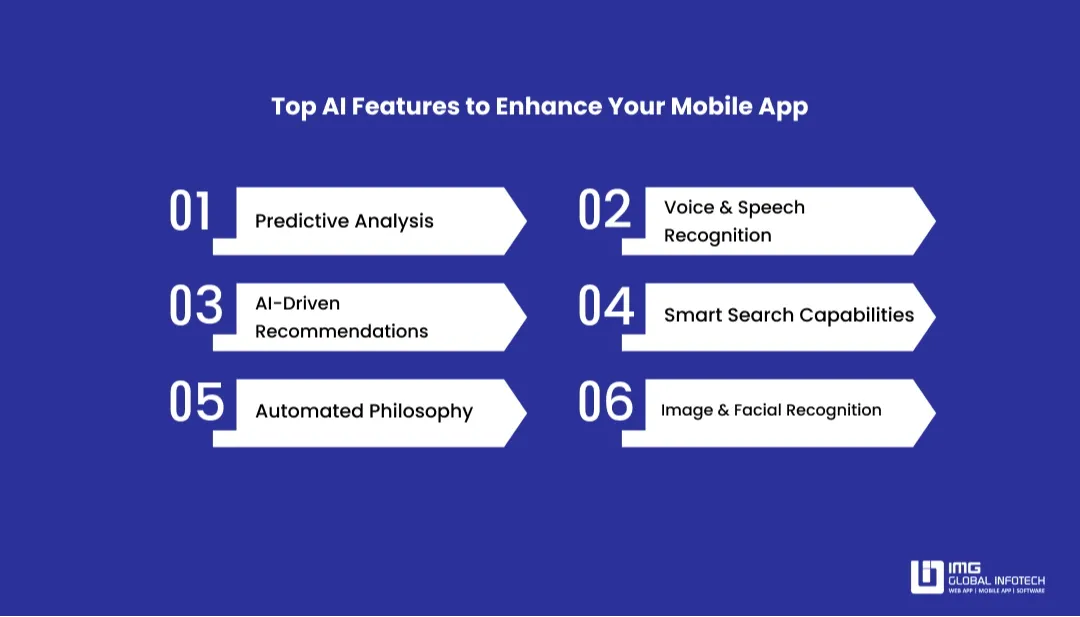
For enhancing the app's performance, it is important to integrate the AI-based features into your app. Here are some core features that you should integrate into your app to perform well.
Predictive Analysis
Predictive Analytics is mainly connected with AI technologies and machine learning algorithms that are based on user action and historical data. This process can help the system to analyze and react to users' behavior.
Voice & Speech Recognition
The voice technology has become a great turning point for AI-based mobile apps. Through this process the mobile apps can easily understand and respond to voice commands that can enable users to interact with several devices at a single time. This feature can enhance accessibility for users that are generally suffering from any kind of disability, also adding convenience for everyone as well.
AI-Driven Recommendations
The recommendation engines are a controversial model but one of the most visible applications of AI in mobile apps. These systems can analyze the user's preference, interactions, and behavior to recommend the products and services to the users.
Smart Search Capabilities
AI is redefining the search functions in a mobile app. It is completely different from simple keyword matches for the AI for mobile app development; it is mainly based on smart searches that use AI that can easily understand the intent with auto-complete queries and it can also even interpret the image and voice inputs in your app as well.
Automated Philosophy
Automated reasoning is a sophisticated feature of artificial intelligence that aids apps in drawing logical conclusions from complex data sets. These features enable apps to make decisions without the involvement of humans in areas such as healthcare, law, education, and transportation logistics.
Image & Facial Recognition
Facial and image recognition is a highly effective feature of artificial intelligence for mobile app development that improves both security and user experience in AI app development services. This feature allows apps to recognize the face of the user for biometric authentication, scan documents or bar codes, and access AR features.
How to Integrate AI Into Your Existing Mobile App: Step-by-Step Process
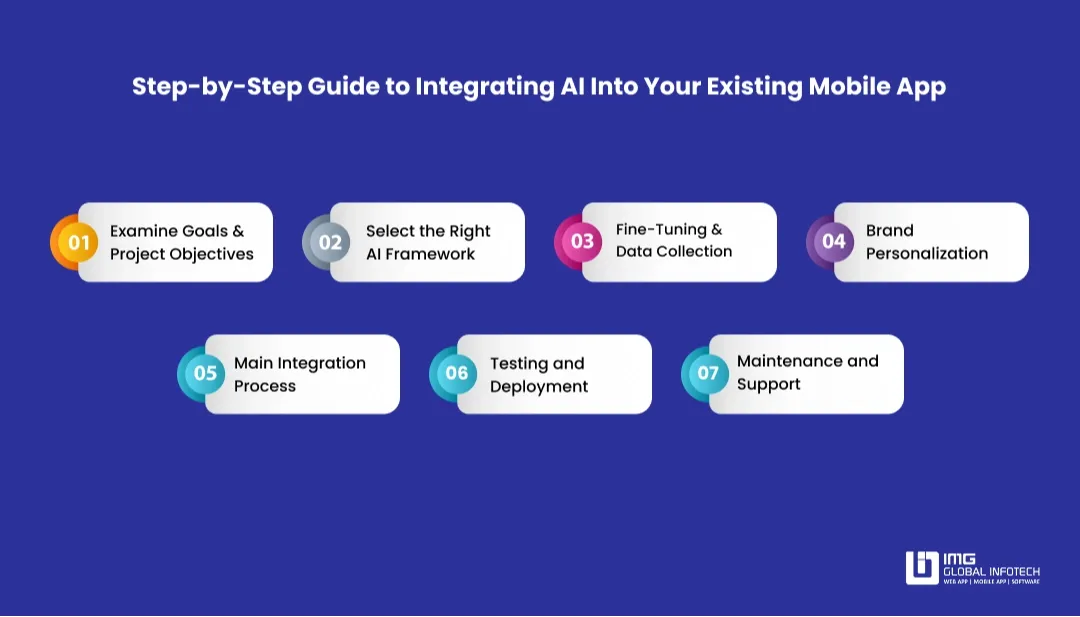
The process to develop an AI app or integrate AI into your mobile app mainly depends on project methodology and development procedure. However, the main phases of development are always constant, so it can help you measure the key performance that can offer feedback for the Top ai development companies and also ensure the final review that can perfectly align with your requirements. Here is the step-by-step guide to integrate the AI technology into your mobile app as well.
Examine Goals & Project Objectives
This step starts with a brainstorming session where the clients can confront their business goals and business objectives they want to achieve in Artificial intelligence in mobile apps. This would be vital information that can play a significant role in finalizing the integration approaches. It is also related to features and many elements to finalize objectives that are conveyed well at the start of the project as well.
Select the Right AI Framework
Once you have a clear project mind with the development team, then the next step is generally dedicated to selecting the right development technology that can integrate AI in your apps. The technology stack will be placed at a point that can understand and integrate the process of AI into your app based on different elements like platform and customization level, which can align with given requirements as well.
Fine-Tuning & Data Collection
The performance of AI in an app mainly depends on the quality and quantity of data used in AI model training. That's why the third stage wholly depends on the development group being able to gather the required data from various services like internal systems, element storage, and external data sources by AI-powered mobile apps. On the other hand, the fine-tuning process is also important in this step. that can ensure the information is integrated with the AI model after the fine-tuning process that can also eliminate the duplicates or anonymize the sensitive information to fix errors as well.
Brand Personalization
This step is specially introduced for customizing the AI model as per the certain brand image and market status. For instance, the feature list is basically executed at this step, which can bring the predefined functionalities according to this solution from Mobile app development company. Some popular frameworks like PyTorch are important here to customize the AI solutions according to your brand perspective and certain cases. This process can simply reduce the size of latency of the AI model in your app as well.
Main Integration Process
Once the AI model is well-trained and customized according to the client requirements and business objectives, it is time to connect the AI model to the application. In this respect, a model is embedded in the code base of the app while ensuring that all the features, the backend system, and the user interface are very responsive.
Testing and Deployment
This is the final stage of integrating AI in mobile app development. Here, the quality analyst team conducts a range of quality tests like performance testing, speed testing, feature testing, manual testing, automated testing, and much more.
It makes sure that the AI integration services into the app is providing accurate and unbiased results that are also based on the Cost to integrate AI into an existing app. The step also includes the deployment of the app's final version after thorough testing. The overall solution is then deployed to the app store, commencing with a beta version to analyze the performance of the application in a live environment.
Maintenance and Support
This is the ongoing process where the client chooses the technical assistance and development team. Here, the team ensures the final software performs well in the live environment. At the same time, the team always monitors bugs and deploys mitigation strategies for AI chatbot integration in mobile apps. The market trends are being followed to spot new features that should be integrated into AI solutions to remain relevant in the competitive market.
Technologies & Tools Used for AI Integration
Now that you know how AI will play a role in your app, the next key consideration is how to go about implementing it. Luckily, you do not need to create complex AI models yourself. There are a variety of tools, platforms, and frameworks you can take advantage of to make your job much easier.
Here are some of the top tools you can look into based on your needs and experience:
1. TensorFlow Lite
TensorFlow Lite (Now LiteRT) is a portable and brilliant choice that allows you to also integrate the machine learning abilities into your mobile application. TensorFlow is created by Google developers for edge devices. It can boost the app performance by adding various features like natural language tasks and image recognition.
2. Core ML (iOS Version)
Apple's Core ML framework is perfect if you mainly focus on developing an iOS for your business. It simply integrates several features like speech recognition, handwriting analysis, and face tracking. It can also work seamlessly with mac & tosh operating system that can upgrade security and performance in your app as well.
3. Google ML Kit
It is a complete SDK kit for mobile that provides ready-to-use APIs for both native platforms (iOS & Android). It can include language translation, text recognition, face detection, and barcode scanning. It can include the AI features without creating any extra model; it can add itself according to the requirements and needs for your app.
4. Dialogflow
For chatbot or voice interface projects, it is one of the most seamless ways to get started building a chatbot or voice assistant out there. It is Google's natural language processing (NLP) tool and is relatively easy to build conversational interfaces without taking a deep dive into the technical aspects of AI.
5. Microsoft Azure Cognitive Services
Azure has a complete suite of AI tools—vision, speech, language, and decision—that you can tie into your mobile app. These are great if you're already using Microsoft's cloud services, and especially if you're looking for enterprise-level.
AI Chatbot Integration in Mobile Apps
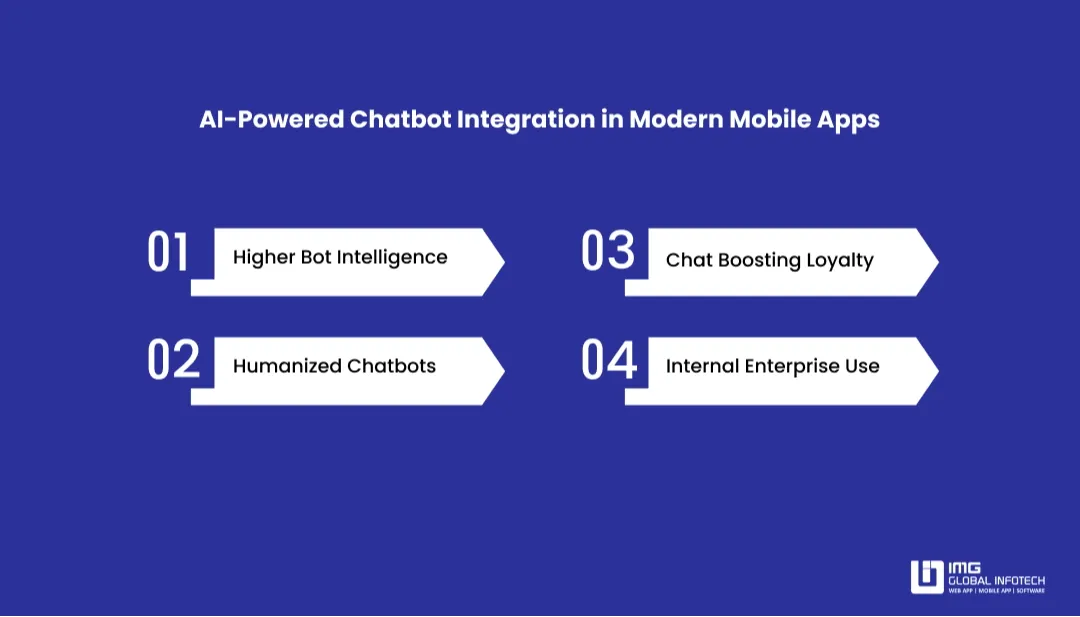
In app development, chatbots have without a doubt made a huge impact—redefining the way businesses interact with their prospects and customers through AI chatbot integration in mobile apps. For this reason, here are some of the most significant current chatbot trends defining this space you should be aware of before building your own.
Higher Bot Intelligence
AI is one of the mainstays ensuring chatbots are more intelligent. They process more customers' data than ever, while remaining completely personalized and aware of context.
Humanized Chatbots
There is a more concentrated attempt at the humanization of chatbots, ensuring they can build better relationships with customers through experiences that are more customized. In so doing, machine learning and natural language processing become key, with the ability of the chatbot to provide more sympathetic customer care through catering to customer needs.
Chat Boosting Loyalty
Messaging platforms are increasingly adopting chatbots to guarantee a significant boost in customer engagement and loyalty from Top ai development companies. Such platforms ensure more robust bot capabilities and an integrated approach across various sales, marketing, and engagement.
Internal Enterprise Use
Chatbots are not only deployed outward, facing the customer, but also internally in relation to smoothing HR processes, sales, and marketing—or other processes related to productivity in the workplace. Company apps can also use chatbots to make day-to-day workflows even smoother.
Cost to Integrate AI Into an Existing Mobile App
The Cost to integrate AI into an existing app mainly depends on its technologies, feature set, customization level, and additional functionalities. Technologies like machine learning, deep learning, cloud hosting, predictive analytics, and recommendation systems can raise the integration cost, but they can deliver efficient results. Below is a table that showcases the average cost of integration of AI in different levels of apps as well.
Choosing the Right AI Development Company
The selection of the right AI development firm is very vital to the success of your AI project. An ideal partner would be one that can effectively offer the latest technology, expertise, and deep knowledge of your enterprise to develop customized AI solutions. Practical strategies to help you make the best decision:
Review Case Studies
When selecting a company to develop an AI system, the latter's portfolio is insight into its experience. Consider it an experience—a showcase of projects showing its expertise and problem-solving skill.
Look For Delivery Commitments
The speed of delivery will affect the outcome of your AI project. Check the company's previous track record in terms of delivering on time while keeping the highest quality standards. Reliable partners can balance speed with precision without cutting corners.
Ensure Scalability Commitment
Another important factor in the selection of the best AI development company is scalability. Your business is growing, and your AI solutions must be able to handle the volume of data and demands that change with growth. Ensure that the business is capable of developing strong AI models that support future growth without a compromise in its performance.
Learn Their Expertise
The underlying factor in a business's ability to provide top-quality AI solutions is experience. Select companies that have several years of experience in stacks of AI technologies. An experienced team can solve the complexities and apply creative strategies efficiently.
Check Their Knowledge AI
The AI landscape is rapidly changing, and the latest technologies shape the ways solutions are developed and implemented. One should work with a business that stays abreast of the latest developments like Generative AI, Edge AI, and Federated Learning. Such advances will unlock unparalleled opportunities, further enhancing project outcomes.
Why IMG Global Infotech is the Best Choice for AI App Development Services
IMG Global Infotech stands out as the best choice for AI app development services by delivering innovative, user-friendly, and scalable AI-powered solutions that drive business growth and efficiency. Their expertise spans diverse industries, ensuring tailored AI applications that automate processes and enhance decision-making.
Expert AI-Driven Solutions
With more than 10 years of experience, our experts develop AI-powered applications that automate processes, optimize business operations, and amplify productivity. Advanced machine learning and data science capabilities help businesses make effective data-driven decisions.
Industry-Diverse Experience
Our experts cater to diverse industry verticals, from fintech and healthcare to e-commerce, with customized AI app solutions for unique sector needs by AI developers. This allows clients to derive competitive advantages with industry-specific innovations and features.
Scalable and Future-Proof Technology
It integrates cutting-edge AI technologies with scalable architectures to let apps grow as the business does. Its architecture for 70% ready code speeds up development without sacrificing quality or customization.
Rapid Delivery & Ongoing Support
Clients benefit from the speedy launch of MVPs within 72 hours and continuous post-launch support. We ensure seamless app deployment, regular updates, and integration of emerging AI capabilities to keep apps ahead in dynamic markets.
Conclusion
Through this guide, we have discussed how to integrate AI into your existing mobile app. We have also discussed several major topics in this blog. It mainly includes AI transformation in mobile apps, integration reason of AI in your mobile app, popular features, AI integration process, technologies & tools, AI chatbot integration, average cost, choosing the right AI development company, and Why choosing IMG Global Infotech for this work. As a prime AI development company, our dedicated team of experts never disappoints you and always delivers the best results that can enhance your business growth and generate higher revenue as well.
-
 How to Build a Jewelry E-commerce Website Like CaratLane?
How to Build a Jewelry E-commerce Website Like CaratLane?
-
 Porter-Like Logistics App Development Cost in 2026
Porter-Like Logistics App Development Cost in 2026
-
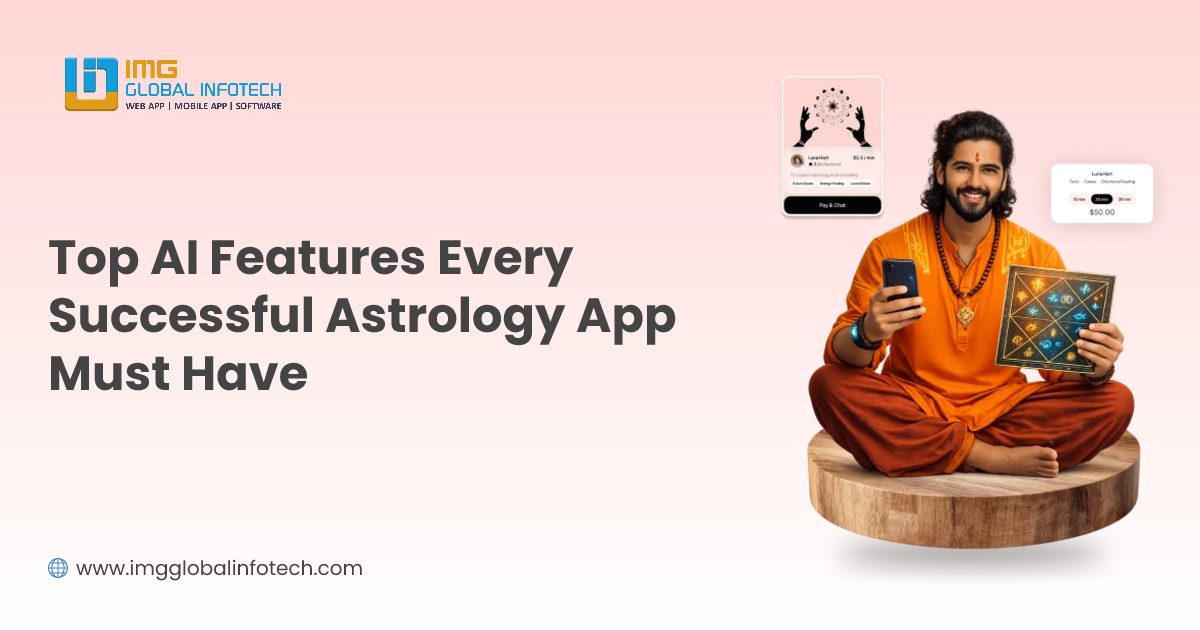 Top AI Features Every Successful Astrology App Must Have
Top AI Features Every Successful Astrology App Must Have
-
 What Are the Top Ecommerce Development Trends to Watch in 2026?
What Are the Top Ecommerce Development Trends to Watch in 2026?
-
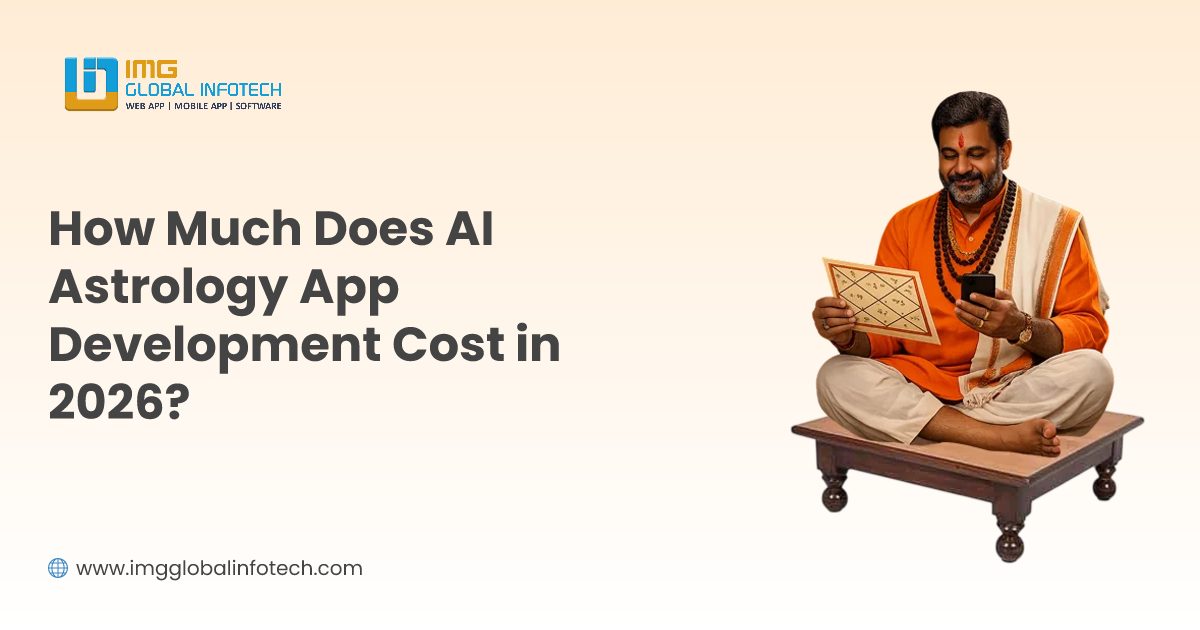 How Much Does AI Astrology App Development Cost in 2026?
How Much Does AI Astrology App Development Cost in 2026?
-
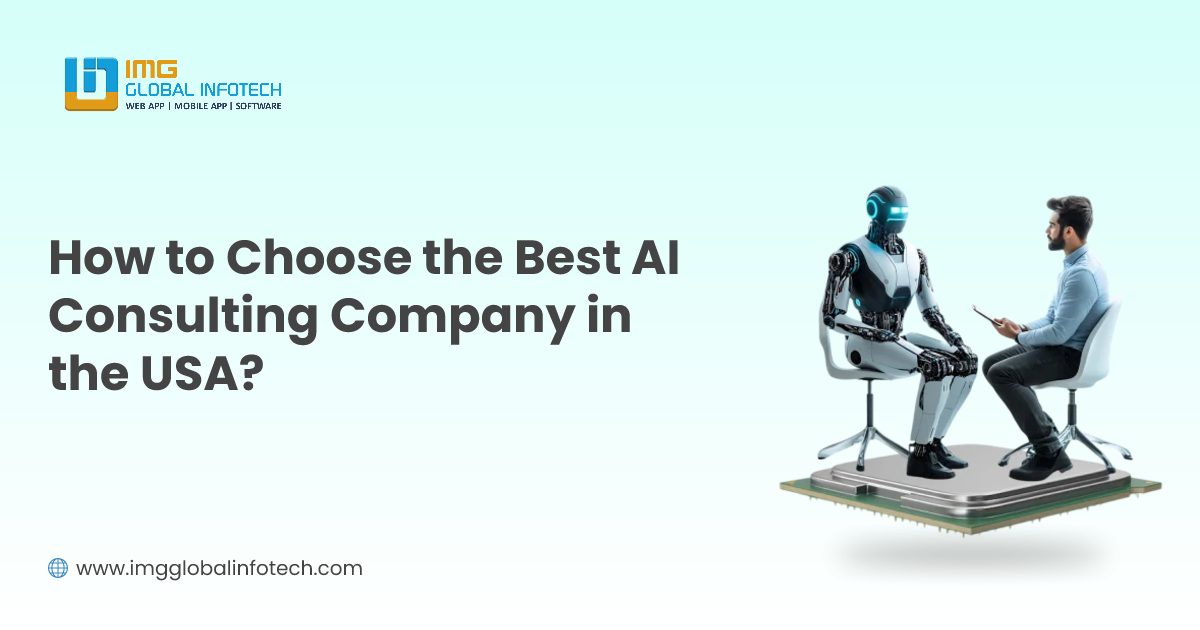 How to Choose the Right AI Consulting Company in the USA?
How to Choose the Right AI Consulting Company in the USA?
Dipti Singhal is a skilled Content Writing Specialist at IMG Global Infotech, with strong expertise in creating engaging, SEO-optimized content for various industries. She focuses on blending storytelling with effective keyword strategies to help businesses connect with their audience and improve their online visibility. Passionate about delivering high-quality content that drives real results, Dipti plays an essential role in strengthening the company’s digital presence.


